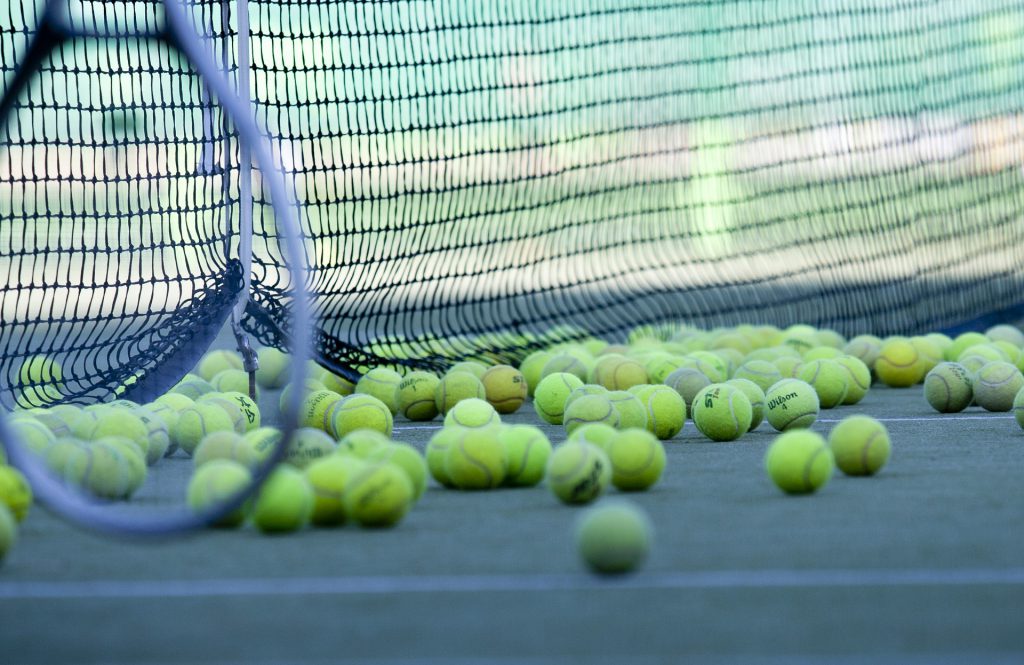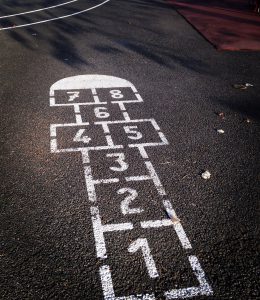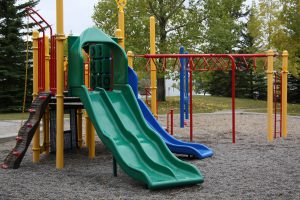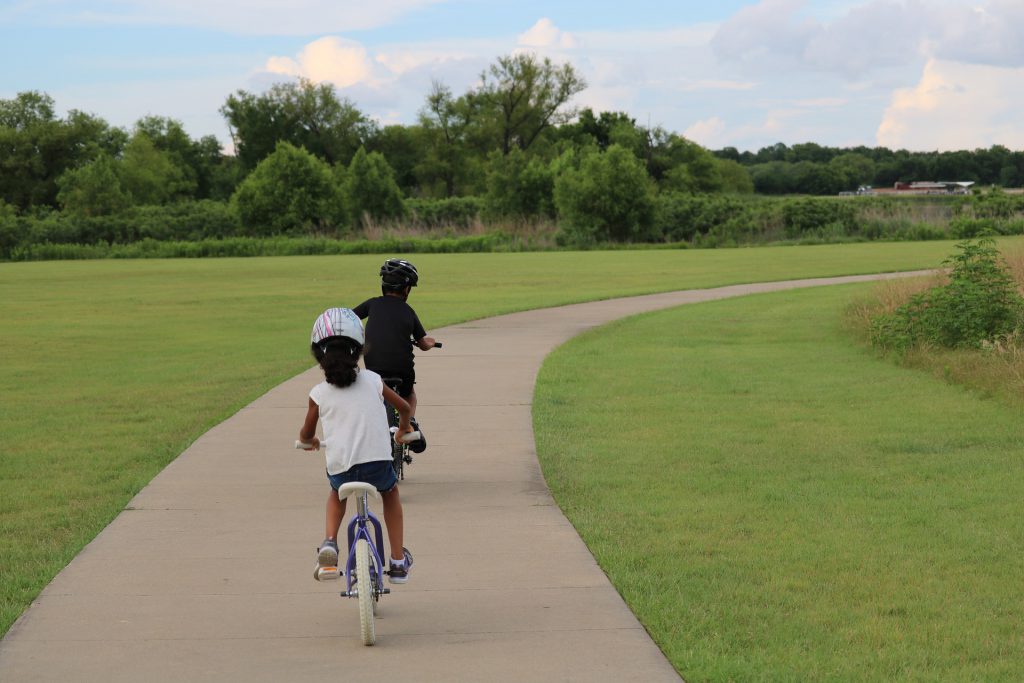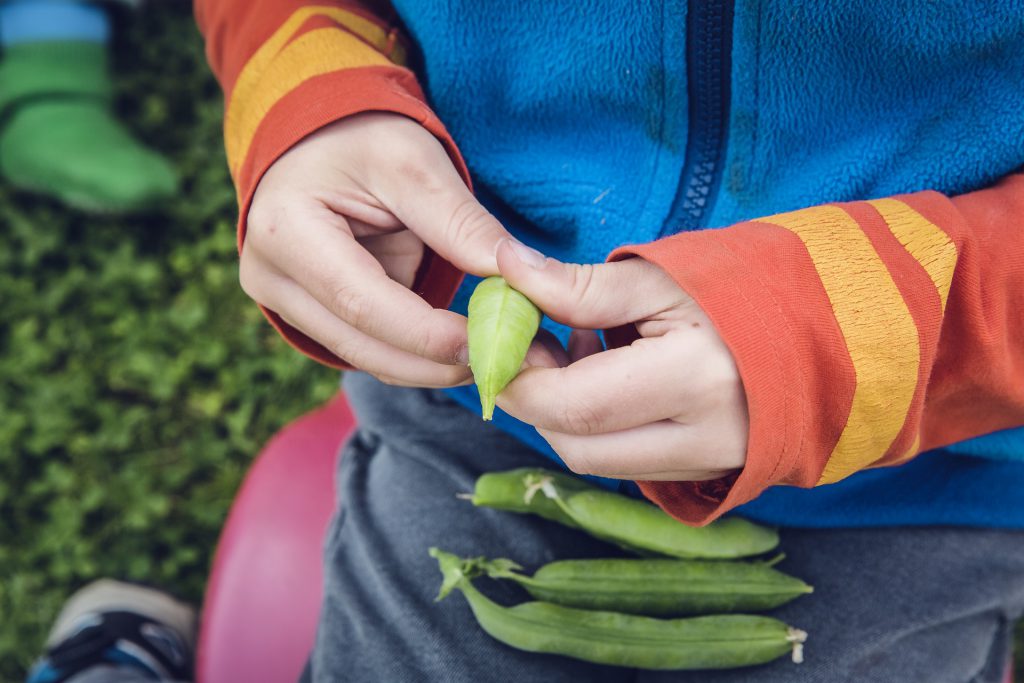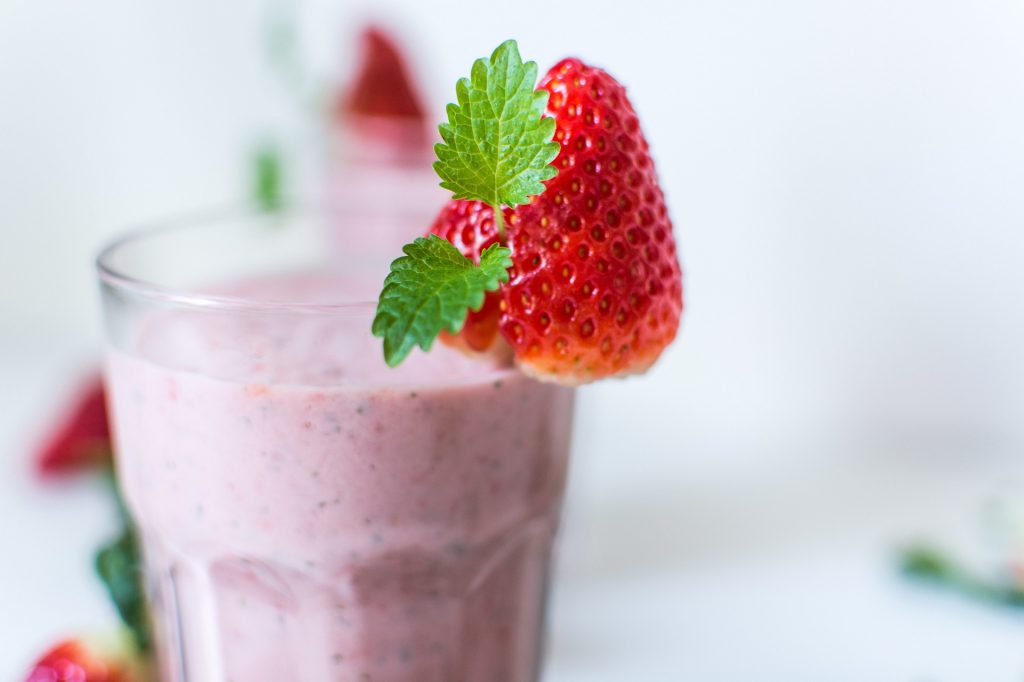Regular exercise is essential to children’s physical development, but it’s also important to be mindful of their cognitive development. There are different developmental milestones children reach at different ages. These milestones are categorized into different types of development: Social/emotional Language/communication Cognitive (learning, thinking, problem-solving) Movement/physical Games can be a great way to help your child … Read More
Tag: grow
Tennis
Tennis is a fast-paced sport played with either 2 players or 4. One player competes against another in singles tennis. In doubles tennis, four players are split into two teams and the two teams compete. Children who aren’t interested in playing a team sport may enjoy tennis as an alternative. Playing tennis regularly can improve heart … Read More
Hopscotch
Hopscotch is a children’s game that has lasted through the generations–and for good reason! No equipment is required and children enjoy making their own hopscotch spaces using sidewalk chalk. It’s also a great game for preschoolers to practice their motor skills by learning to control their movement while hopping on one foot. To play hopscotch, … Read More
Physical Activity Through Childhood
Children at different ages may be at different developmental stages, but no matter your child’s age there are appropriate physical activities. For example, while infants can’t run and play the same way school-aged children can, they can still benefit from “tummy time” and playing with toys that engage their growing muscles and bones. Structured physical … Read More
Screen Time Breaks
Today’s technology has made it easier than ever to learn and gather new information. It also helps connect us with our out-of-town friends and family. Many children today are introduced to screen time (watching TV, playing video games, using a computer, etc.) at a young age, but it’s important to be mindful of the potential … Read More
Movin’ and Groovin’
Children of all ages should get at least 60 minutes of physical activity. This can come in many forms, from swimming to a game of “Duck, Duck, Goose.” It may seem like toddlers and younger children don’t need as much exercise, but toddlers should get 30 minutes of structured and 60 minutes of unstructured activity daily. … Read More
Family Bike Riding
Riding bikes is fun exercise, especially as a family. No matter what age, children can enjoy riding a bike. Toddlers and preschoolers can ride tricycles, and children who haven’t learned how to ride a two-wheel bike can ride a bike with training wheels. You can also ride bikes in all kinds of settings–the driveway, bike … Read More
Grow a Family Garden
Gardening is a great activity to do as a family all year long. Between digging, pulling weeds, raking, and other tasks, gardening is undoubtedly hard physical work! Not only is gardening a great physical activity, but it also allows you to grow fresh fruits and vegetables. Your children having a hand in growing their own … Read More
Child’s Play
Spending time with your children is a great way to show them you love them and care about their interests. Sometimes, children may have a hard time expressing themselves through conversations and answering questions like “how was your day?” Participating in your children’s activities and hobbies with your children can help you connect with and relate … Read More

